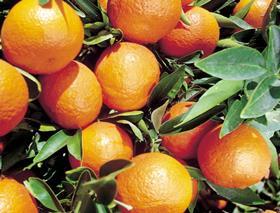
Inspection procedures are being stepped up on Egyptian citrus exports to the EU, according to Daily News Egypt, with inspection rates increasing from 25 per cent of containers per shipment to 100 per cent.
The European Commission will reportedly start implementing the decision in early February, continuing until late 2018.
Ali Eissa, former head of Egypt’s Agriculture Export Council, said that the decision had been imposed on many other countries besides Egypt, mostly in Africa and on various products.
The commission stated that it intends to hold reviews for each country included in the inspection rate increase in 2018 before it elects to follow the new decision or not.
Eissa revealed that the decision was taken to protect citrus cultivation in southern European countries like Spain, Italy and Greece from stoneflies. Europe imports approximately 220,000 tonnes of Egyptian citrus each year.
Egyptian pomegranate exporters are also under pressure from the Saudi Environment Ministry, which complained of pesticide residues in shipments of Egyptian pomegranates and threatened a similar ban to that imposed on Egyptian guava late last year.
Sherif El-Beltagy of the Agriculture Export Council said that it was working with the Ministry of Agriculture to establish a system to ensure exports comply with the specifications required by each target country.
A large number of exporters had entered the business since the flotation of the Egyptian pound in November 2016, he said, and the practices and methods of some unregistered companies remain unknown.



